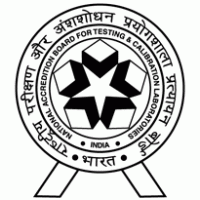
Blood Cancer
Blood cancer, encompassing types like leukemia, lymphoma, and myeloma, affects the production and function of blood cells.
Unlike solid tumors, these cancers originate in the bone marrow or lymphatic system and can disrupt the normal balance of blood cell production.
Symptoms often include fatigue, frequent infections, unexplained bruising, and weight loss.
Diagnosis typically involves blood tests, bone marrow biopsies, and imaging studies to determine the type and extent of the disease.
Treatment options vary based on the cancer type and stage, including chemotherapy, radiation therapy, targeted therapy, and stem cell transplants.
While blood cancer can be challenging to treat, advancements in medical research have led to the development of new therapies that offer hope for improved outcomes.
Personalized medicine, which tailors treatment to the individual’s genetic profile, is increasingly being used to enhance effectiveness and reduce side effects.
Supportive care, including pain management and psychological support, plays a critical role in improving the quality of life for patients. Ongoing research aims to find more effective treatments and, ultimately, cures for these complex and diverse cancers.






